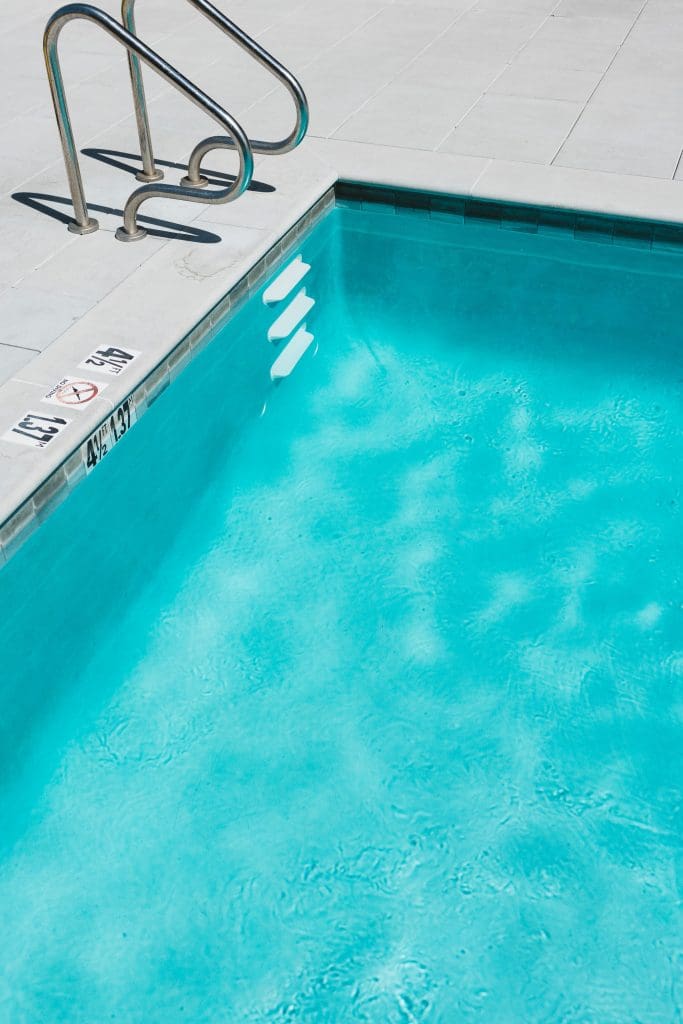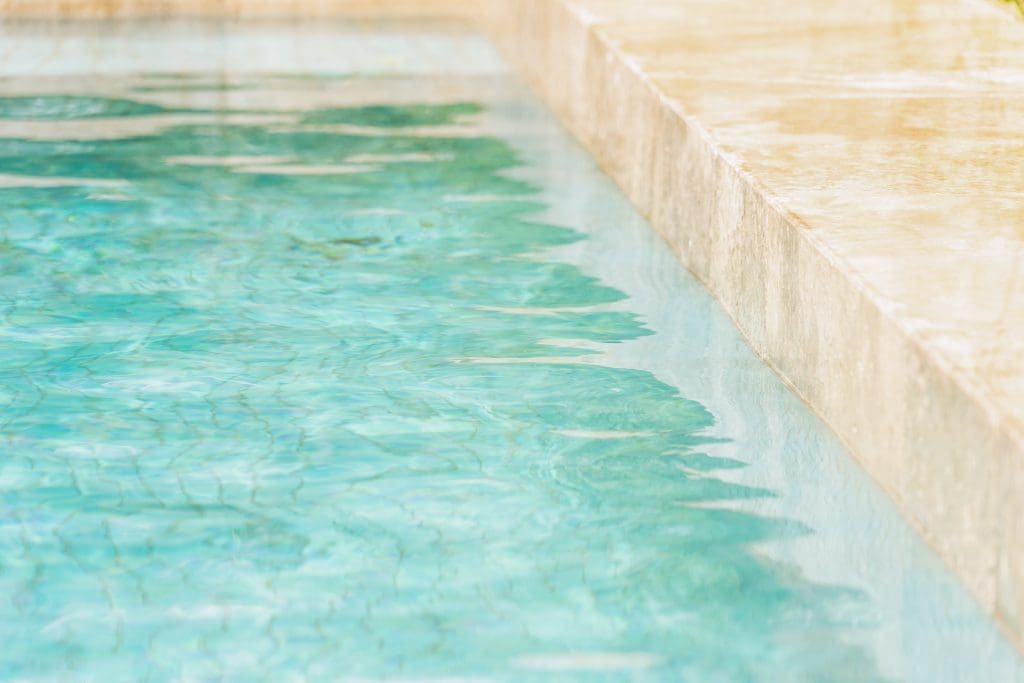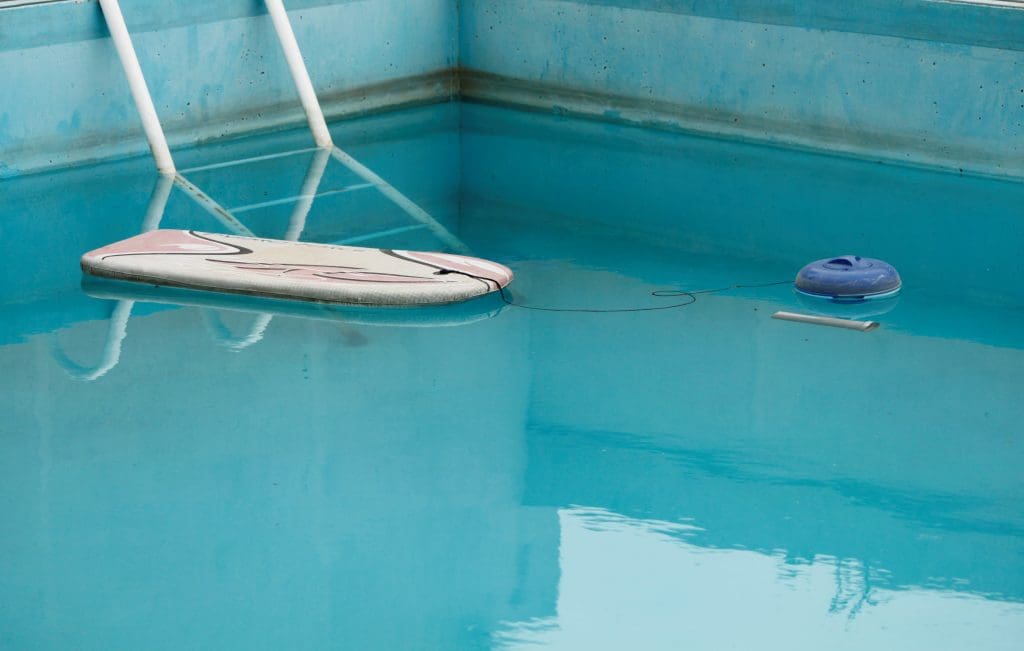Are you considering installing a swimming pool or have a new swimming pool? You may be wondering about how much your new swimming pool maintenance costs will be. The choices you made during the construction of your pool have an impact on the cost of your pool maintenance over the long-term. You may choose to hire a pool maintenance company to take care of your pool but this can be costly. If you choose to maintain your pool yourself, you will need to consider that you will need to clean the pool, replace the filter, adjust the pH, add a sanitizer, check electrical components, and replace or repair pool parts. Keep reading to understand the maintenance activities you will need to keep up in order to enjoy your pool for years to come.
Filtration
Cartridge filters are large tanks with an element made of paper or polyester. The filter lasts 1 to several years and require cleaning every week to every couple of weeks depending on the frequency of use. In addition to cleaning to remove loose debris, the cartridge will need to be soaked once or twice per season in a special filter cleaning solution to remove more stubborn debris.
Diatomaceous earth filters use a powder coating the filter tank to filter pool debris. A pressure gauge indicates when a diatomaceous earth filter needs to be cleaned. You can clean the filter through a regeneration process that reverses water flow and backwashes debris. Due to this cleaning process, some of the powder coating gets washed off and the filter will need to be replaced.
Sand filters are economical alternative to cartridge and diatomaceous earth filters because they require very little maintenance. Although they only need a brief cleaning every other week or so and be replaced every two to three years, they don’t work quite as well as the other filters.
Sanitation
- Chlorine is the most popular and economical pool sanitizer, effectively ridding your pool of sweat, sunblock and cosmetics.
- Bromine is a gentler alternative to chlorine, is commonly used in hot tubs, is inexpensive, but needs to be replaced frequently during sunny months.
- Biguanide is non-irritating, creates a silky feeling in the water, is gentle on swimsuits, and is stable in sunlight and at high temperatures. However, biguanide is more expensive than chlorine and bromine.
- Saltwater pools are another way to use chlorine as a sanitizer. They generate chlorine from the saltwater but they do not have the typical strong chlorine smell.
- Ozone is an excellent sanitizer that kills bacteria, viruses, and mold, but it is highly unstable.
- Minerals and ionizers come in cartridges that fit into your pool filter. They slowly release the minerals or ions that sanitize the pool water and reduce chemical use.
Repairs
A large part of the pool maintenance costs will be repairing or replacing broken or aging parts of your pool. Depending on the materials you chose to use to construct your swimming pool and landscaping, the money you spend on repairs could vary. For example, vinyl lined pools require regular maintenance and repairs whereas fiberglass pools require less and gunite requires the least maintenance because they are durable and stand up well to freezing and thawing. The choice of landscape material is similar in this respect. Wood is a risky choice because it is hard to waterproof. More money will be spent to repair wood surfaces than hardy stone surfaces that stand up to freezing and thawing as well as constant water exposure.
Timing
Remember that pool maintenance isn’t just done in the hot summer months. Now, in the dead of winter, is the ideal time to engage with a contractor like Borst Landscape and Design to make sure you’ll be enjoying your swiming pool and outdoor living space next summer.
Your swimming pool costs do not stop when you are done with the construction and installation. Contact Borst Landscape and Design today to get a bonded, insured and experience swimming pool contractor working on your swimming pool installation. We are professional contractors that understand maintenance procedures, including green solutions, and their effect on swimming pool costs.



